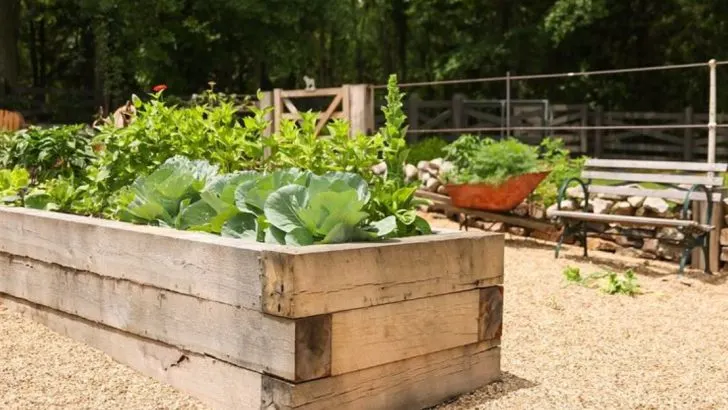If you want stronger, healthier, and more productive vegetable beds, fungi may be your best allies. Beneficial fungi form symbiotic relationships with plant roots, helping them absorb nutrients, resist disease, and thrive in challenging conditions.
By inoculating your beds with the right types of fungi—especially mycorrhizal fungi—you can supercharge soil life and boost vegetable yields naturally. Whether you’re growing leafy greens or fruiting crops, understanding which fungi to introduce makes all the difference.
In this article, discover the best fungi to inoculate your vegetable beds—and how to harness their underground power for a more resilient, abundant garden.
Mycorrhizal Fungi
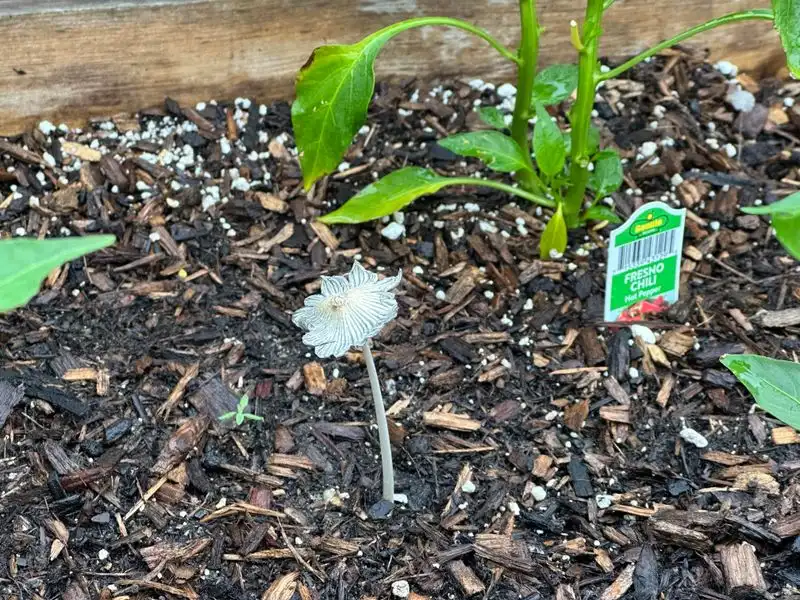
Imagine roots, but with superpowers. Mycorrhizal fungi partner with plants, enhancing their nutrient absorption. This partnership is no ordinary affair. It dramatically boosts phosphorus uptake, a crucial element for plant growth. They’re particularly essential in poor soils, where nutrients are scarce.
Mycorrhizae extend the root system, reaching places roots can’t access. This improves drought resistance and soil structure. Gardeners see healthier plants and increased yield. Given their role, it’s no wonder mycorrhizal fungi are celebrated as gardening allies. Curious? Search to see these fungi in action, intertwining with root systems in a harmonious dance.
Trichoderma

Meet the unsung hero of your garden: Trichoderma. This fungus doesn’t just coexist with plants; it actively combats harmful pathogens. Known for its protective capabilities, it stimulates plant defenses, keeping diseases at bay. The roots benefit immensely from this fungal friend.
Trichoderma is often found in compost, where it aids in organic matter breakdown. Its role in promoting robust root systems is unmatched. Gardeners using it notice a marked improvement in plant resilience. Don’t underestimate its power; this fungus is a game-changer in sustainable gardening. Searching its name reveals its extraordinary impact.
Endophytic Fungi
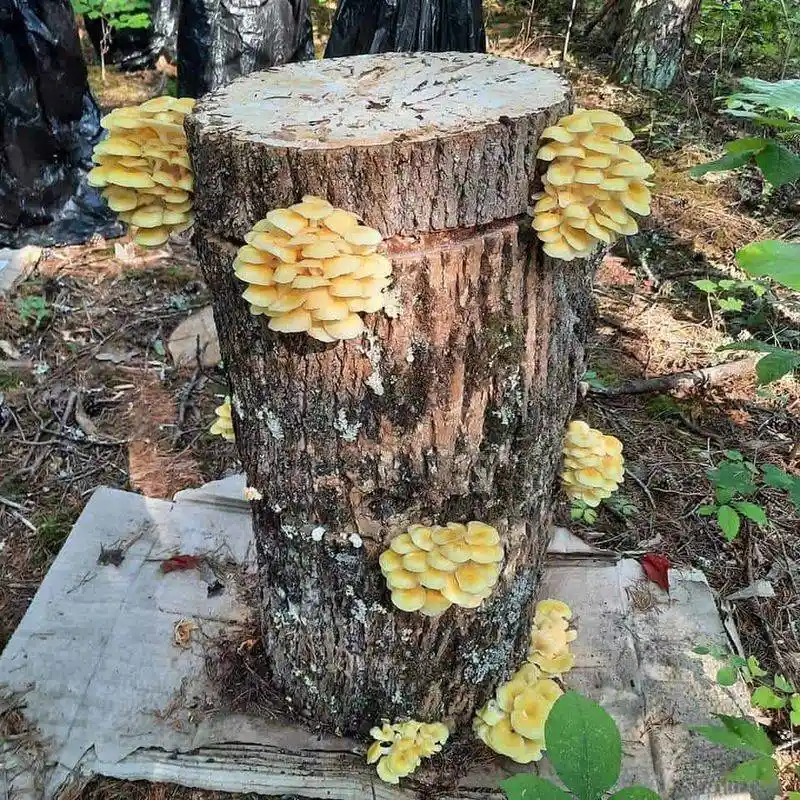
Think of endophytic fungi as the secret weapon in plant health. These fungi reside within plant tissues, offering protection from stresses. Unlike other fungi, they form a close-knit bond, sharing nutrients and enhancing growth.
When vegetables face drought, endophytes shine. They increase plant tolerance, ensuring survival in adverse conditions. These fungi also contribute to disease resistance, keeping plants vibrant and healthy. Their close association with plant tissues makes them invaluable in agriculture. A search for these fungi will reveal their integral role in plant ecosystems, providing unseen support.
Basidiomycetes
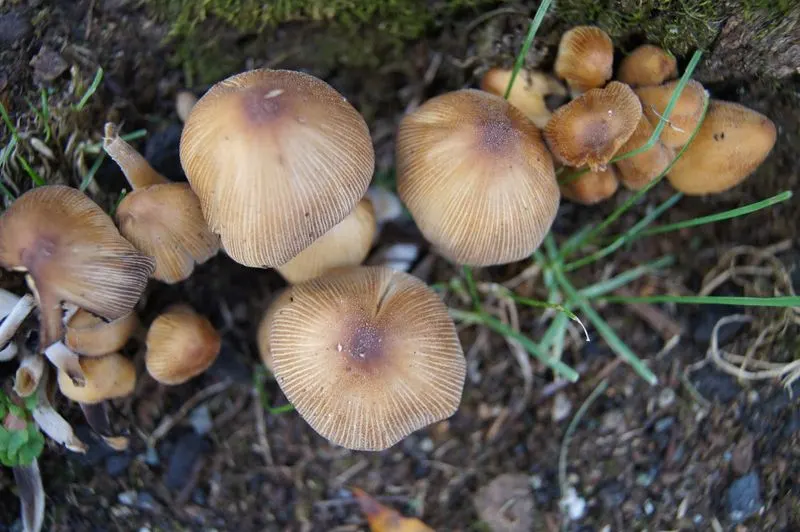
Basidiomycetes are the architects of decomposition. Their role in breaking down organic matter is unparalleled, enriching soil with vital nutrients. These fungi are particularly effective in composting, accelerating the breakdown process.
In the garden, Basidiomycetes facilitate nutrient cycling, essential for plant growth. They also form beneficial relationships with plants, aiding in nutrient uptake. Their presence in soil is a testament to its health and vitality. Curious about their impact? A quick search reveals their vital contributions to nutrient recycling and soil fertility, essential for any thriving vegetable bed.
Saccharomyces
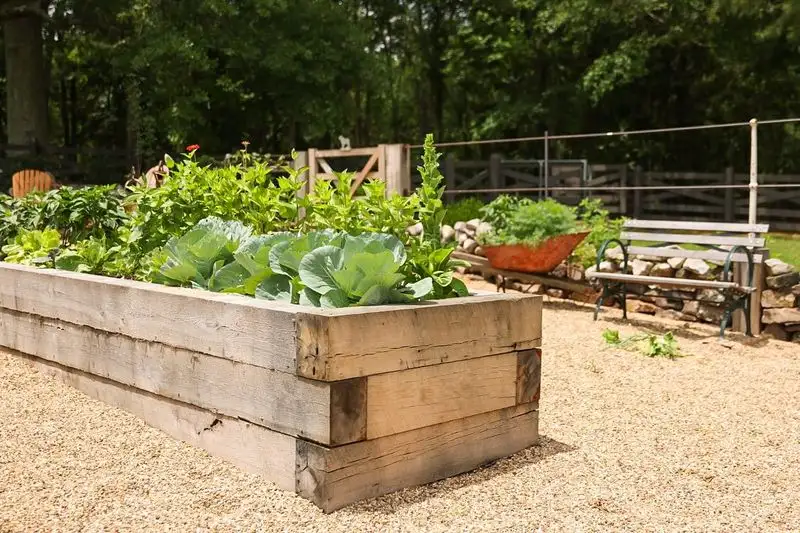
When you think of Saccharomyces, think beyond baking. This yeast plays a surprising role in gardening. Known for its fermentation prowess, it aids in nutrient availability in soil. The result? Healthier plants with enhanced growth.
Saccharomyces are particularly valuable in compost teas, which promote plant vitality. Their role might be unconventional, but their impact is undeniable. By improving nutrient absorption, these yeasts contribute to more robust vegetable harvests. Interested in their versatility? A search showcases their dual role in fermentation and plant growth, a unique asset in any garden.

